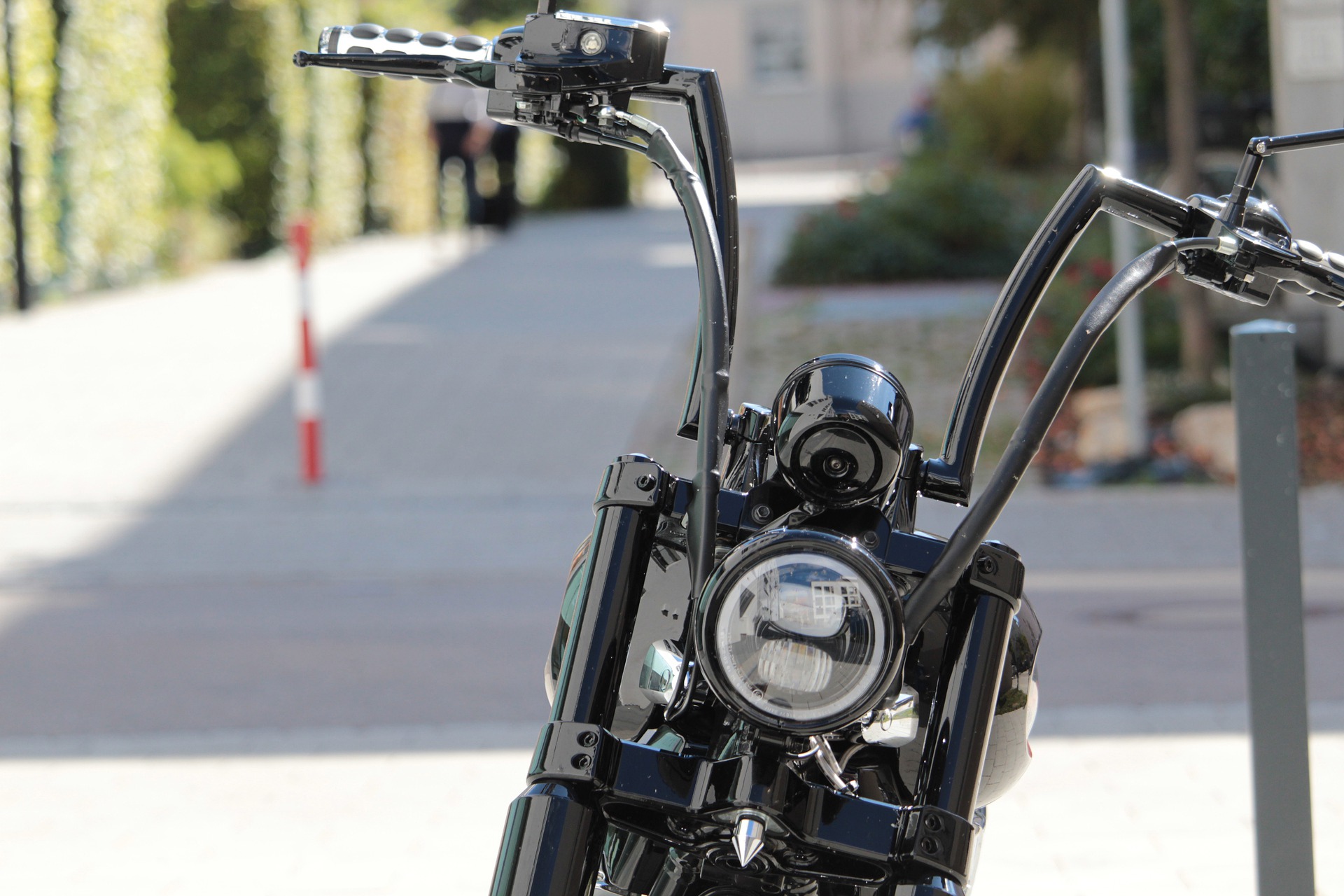The motorcycle's front forks hold the motorcycle's front wheel and axle together through a pair of triple shafts. The forks have attachment points where you connect the front suspension and the brakes. Technically, the forks hold the front of the motorcycle together. They are therefore essential in defining the behavior of the motorcycle during the journey and the speed at which it reacts when you apply the brakes.
With constant use, the motorcycle's front forks may squeak and loosen in places. To fix your motorcycle's front fork squeaks, here's what you need to do.
Before you decide to take the forks apart and make repairs, take the time to inspect the forks first. In most cases, what makes the forks squeak is the lack of oil. If the problem with your forks is not that bad and it can be easily fixed by putting some engine oil to lubricate the squeaky parts, then you don't need to disassemble the forks from your motorcycle. All you need to do is take your engine oil and carefully apply it to the fork. Be careful not to spill the oil in the calipers. If engine oil gets into the calipers your brakes won't work, so be careful.
Inspect the squeaky motorcycle fork
On the other hand, if after inspecting your motorcycle you find that some parts of the fork are worn or loose, you may need to disassemble the fork and make major repairs.
Disassemble The Squeaky Motorcycle Fork
Before removing the forks, make sure your motorcycle is properly supported. You can use a piece of wood or a car jack to hold the motorcycle upright while you remove the front forks.
Remove the forks one at a time, starting by loosening the top clamp bolts that hold the forks in place. After removing the upper bolts, hold the fork in your hand as you loosen the lower bolts. Once the bolt is loosened, remove the plastic fork caps. Some types of forks have screw-on caps, so you'll need your screwdriver to remove them.
Change the oil from the squeaky motorcycle fork
After opening the fork caps, remove the spring inside the forks, then place the forks on top of the drip pan to drain the oil. You may need to pump the forks several times before be able to drain all the oil. After the oil has changed, clean the forks with old rags, then inspect them carefully for any signs of wear and make any necessary repairs.
Install the dust seal and replace the oil
When you are satisfied that the forks are free from major damage and dents that need professional attention, install the dust seal on your forks, replace the spring, and then put new oil into the forks. To replace the forks on the motorcycle, replace the clamp bolts and tighten them.
A squeaky motorcycle fork due to lack of lubrication
Squeaky forks can also be a sign that there's a lack of proper lubrication, or that something is rubbing that shouldn't. But that can pose a host of problems, depending on where and when there is a squeak.
Does it squeak when you turn the fork? or when you go over bumps? when you brake? Each of them would indicate something different.
If this is the case when you turn, it is probably due to the triple bearing of the shaft (or the steering head)…. This would mean that you have to open the steering head and add some grease. It's not really that hard, but it can be a bit tricky when you wind things up. There is another recent thread on steering head bearings that you can search for if you want a little more information.
Passing over the bumps - it is assumed that the fork seals are dry on the forks - a quick wipe with a few drops of engine oil should fix this. But there is also a small chance that it will be internal, in which case - I would speak to a professional. But I very much doubt that there is any internal damage, unless the bike has been in an accident. It takes a lot of force to damage them.
The brakes may be more complicated and worth investigating further. If the pads are worn out - it's a fairly easy DIY replacement, but if there's a lot of wear and tear left - things could get tricky, and a pro might be a good idea.
The tire may also be rubbing against something, but you will probably notice this at all speeds and on all roads.




